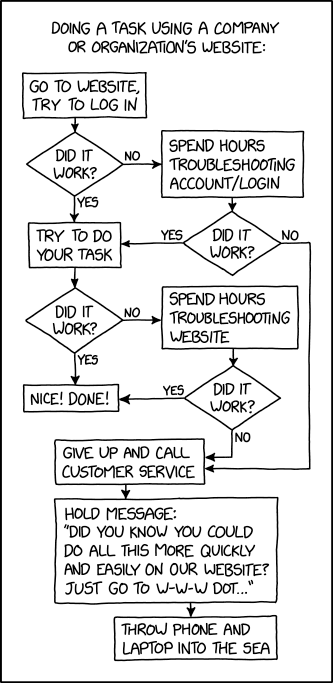Happy the First of Disadvent!
Dec. 1st, 2025 02:29 pmI started my Disadvent in the pantry and found things like 5/6th of a six-pack of individual cartons of almond milk (best by 2022) and 3/6 of a box of bars (best by 2020). Not entirely sure how these things had survived the previous two Disadvent seasons but the second-best time to Disadvent something is today. Also a lot of small miscellany like open bags of ancient jellybeans, one piece of Hanukkah gelt, the last two dried apricots, an open thing of honey-roasted peanuts that weren't that old but smelled funny, an open bag of crunchy lentil snacks of uncertain age.
Expired food is an easy place to start for me because I don't have internal conflict over whether we deserve to eat food that is safe and tasty, or magical thinking guilt over, like, can I not get rid of this because there are people in famines. I know sometimes people do and it's harder. (Also of course if I had actually still-good food I was definitely not going to use I'd drop it in a food drive but this is not that.) I do have guilt over food gifts - people like my parents often bring us exotic treats from their travels that, because they are not part of our normal food routines, we then fail to ever use - but at least with food, unlike other gifts, the passage of time does eventually make it clear that the window to use that matcha powder (or whatever) has passed, and our failure has at least now definitively happened rather than being ongoing. And in general I accept that some food waste is the cost of other priorities like trying new foods, trying new food systems (like, what quantity/format is most useful), and preparedness, so, enh, maybe it's sometimes a cost of generosity/food as a social tool too.
If anyone is playing along, good luck in your pantry!



